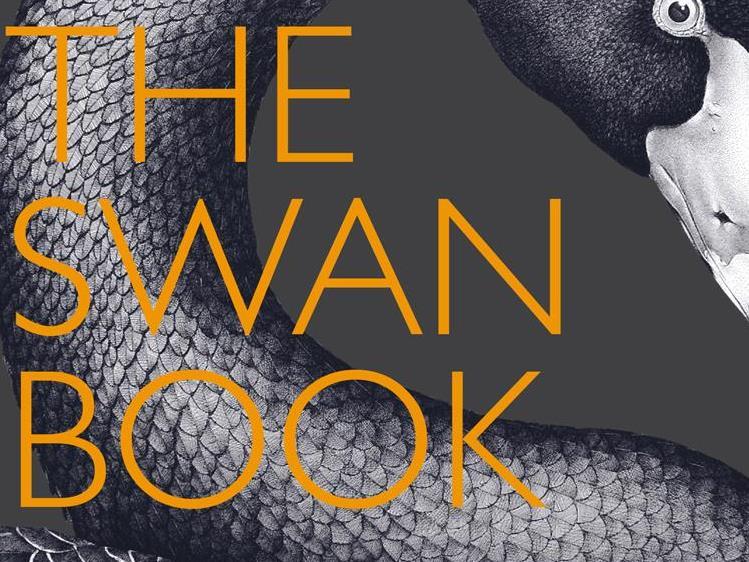It is some sixty years into the future. Australia isn’t how we know it, but what it might be. The characters aren’t exactly people, but they certainly act like people. The swans map the dust unsettled by the winds of change.
With the singular voice of a thousand elders dragged through the debris of Western civilization, some kicking and screaming, some not, Alexis Wright imagines a fantastic dystopia in a story cycle echoing dreamtime forms. With an eye on the terrors of the present – climate change inaction, indigenous intervention policies – and an intuitive feeling for the future, she wonders what happens when ‘people (are) too preoccupied to notice their own metamorphosis’. Subtly and beautifully, Wright contrasts the age-old horrors of bureaucracy with the stately majesty of swans and their unspoken worldliness.
The story centres around Ethyl(ene) Oblivia, an aphasic indigenous girl living in a concentration camp/traditional community. Found living in a tree, hiding from the world after being raped by a gang of petrol-sniffers, Oblivia is brought back to life by the endless talk of swans and sailors, boundless plains and forgotten shores. Through all of this Oblivia says not a word, having long since forgotten how to speak, both a not-so-subtle barb at White Australia policies and a literal explication of the ‘cut snake virus’ infecting the novel’s language and its capacity to twist and shape the reality of its characters.
From here we meet the Harbour Master, an indigenous man brought into ‘Swan Lake’ to fix all of its problems, and his pet monkey, Rigoletto, a ‘genius of world politics’ and, thus, perhaps one of the monkeys ‘holding the strings on the other end of the world’, the ‘invisible strings’ pulling the black swan away to cross seas ‘with spanned wings pulsing to the rhythm of relaxed heartbeats’. The Harbour Master becomes Oblivia’s sort of guardian angel as she’s whisked away by Australia’s first Aboriginal ‘President’, a crude approximation of the contradictions of idealism, and his three genies, kindred spirits stuck by their man, only to be subsequently abandoned in a strange apartment complex, to be replaced on television by some other version of herself.
All of these flights of fancy are enabled by Wright’s startling prose and poetic conviction, which routinely kicks the floor out or doubles back without warning, without ever being the least bit gratuitous. Wright knowingly slips between different registers of cynicism and earnestness, never less than crystal clear about what she means – this is no vague allegory but a pointed series of allegations nobody can deny or ignore. The Swan Book is a damning, brilliant, sad portrait of the future, which, like all great dystopian novels, reflects the melancholy of the present back at the reader, and a heart-breaking study of the effects of dehumanising policies. It is also a dynamic, unique story, which demands to be read and read again.
Rating: 5 out of 5 starsThe Swan Book
by Alexis Wright
Softcover
352 pages
ISBN: 9781922146410
Giramondo Publishing





